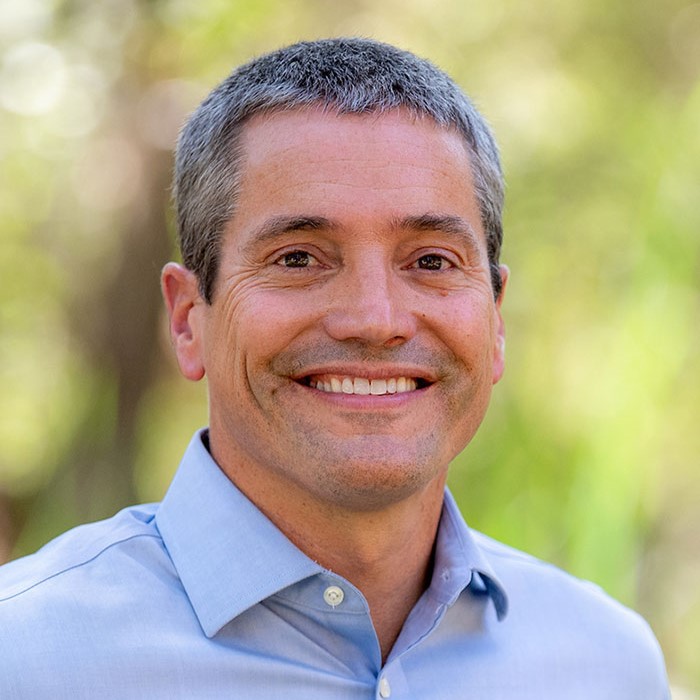Active Meeting Notices
- 1/16 Board Meeting (Agenda)
- 1/27 Coordinating Committee Meeting (Agenda)
- 2/13 Workshop (Agenda)
- 2/27 Board Meeting (Agenda)
- CVFPB Meetings Calendar (2026)

Starting January 2026: Apply online through the Permit Application Portal! CLICK HERE to learn more.
"Our Mission is to Reduce the Risks of Catastrophic Flooding to People and Property within the California Central Valley."
The Central Valley Flood Protection Board (Board) establishes, maintains, and enforces standards for the construction, maintenance, and operation of the flood control system to protect life, property, and habitat in California’s Central Valley. The Board coordinates State entities, local flood risk control agencies and the federal government to minimize damages from floods in California’s Central Valley and is the non-federal sponsor for federal flood control projects in the State Plan of Flood Control. The Board serves as a public forum for flood risk reduction policy in the Central Valley and is responsible for adopting updates to the Central Valley Flood Protection Plan every five years.
PUBLIC HOURS AND MEETING SCHEDULE
In accordance with the Governor’s order, the Board will continue to host hybrid meetings and workshops. Locations and access information for future meetings will be posted on our homepage and updated as needed.
For public drop off of physical documents, including applications and fees, we can be contacted by phone or email as noted below to schedule a drop off.
Jane Dolan
Board President


Secretary for Natural Resources
California Natural Resources Agency